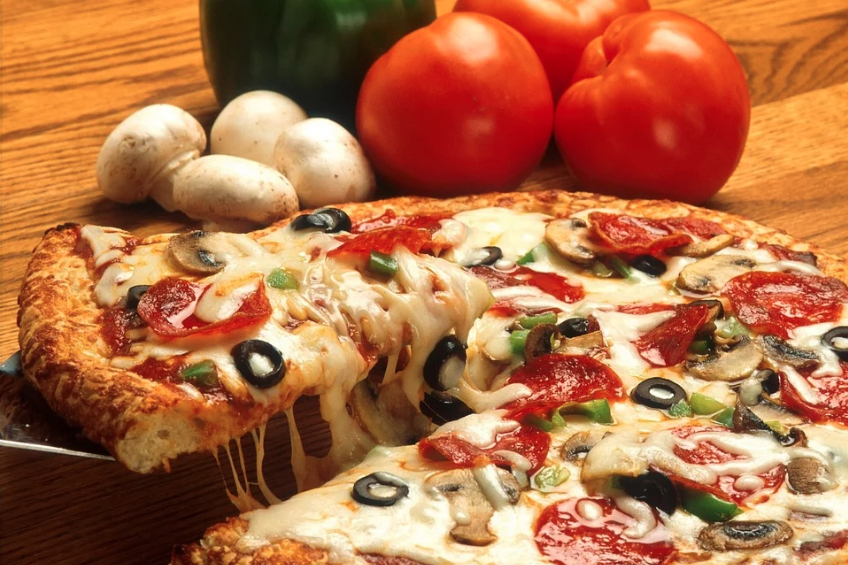Guess what, Pizza may not be the junk food that your doctor always asks you to avoid. If prepared with fresh ingredients and in a perfect balance of carbs, protein and fats, it can be a nutritious choice for people with rheumatoid arthritis, a study has found.
Rheumatoid arthritis (RA) is an autoimmune disease that occurs when the immune system by mistake attacks healthy cells, causing inflammation and painful swelling. The patients show symptoms such as pain, swelling, weakness, fever, tenderness and weight loss.
Health experts generally suggest inflammation-reducing food for people with rheumatoid arthritis. Whole grains, fatty fish, nuts, olive oil, fruits and vegetables are some of the recommended food.
In the latest study, published in Nutrients, researchers evaluated the dietary effects of simple accessible meals like pizza on patients with rheumatoid arthritis.
Records show out of five billion pizzas sold worldwide each year, a whopping three billion are consumed in the U.S. Furthermore, over 200 million Americans eat frozen pizzas, which are often high in calories and sodium.
However, in Italy, pizza is considered a balanced meal. Around 48% of Italians consume pizzas cooked at home with fresh mozzarella cheese and cherry tomatoes over a lean type 00 wheat flour using olive oil, salt and yeast. Researchers believe fresh ingredients and certified recipes help to bring out their anti-inflammatory and antioxidant effects.
The study included participants from Italy, all aged between 18 and 65 and had rheumatoid arthritis for a minimum of three months. Researchers measured the severity of the disease and gathered information about their diet using a food frequency questionnaire.
Participants who ate half a pizza more than once per week showed a significant reduction in disease severity when compared to those who ate less than two times per month. In those with high severity of the disease, the positive impact was clear as they showed reductions of 80%, based on both logistic regression and linear models.
“These beneficial effects were likely driven by mozzarella cheese and, to a lesser extent, by olive oil, even though we were unable to assess the possible contribution of tomato sauce,” the researchers wrote.
Published by Medicaldaily.com


